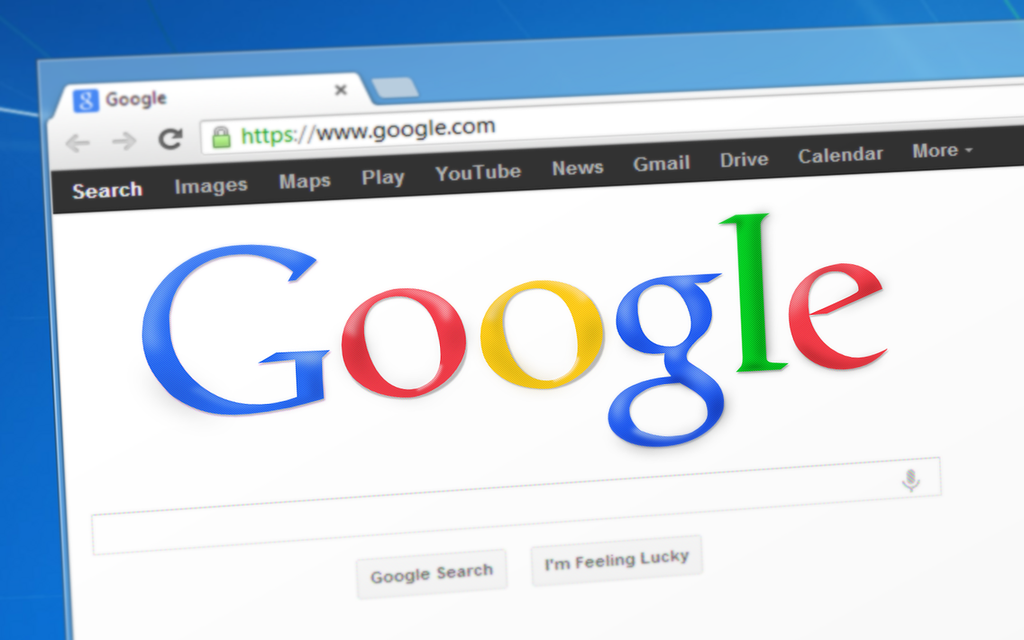Why Is Promotion of a New Website Difficult?

A new site is a website that exists on the web for less than a year. However, it is worth noting that the countdown starts from the moment of the first visit of the search robot to the site, and not from the day of registration of the domain.
As the website grows older, the degree of trust of the search engines grows, which means that the trust increases. As a rule, the promotion of a new site in the TOP of Google search engine may take several months (sometimes, it can be up to a year). Why does this happen?
The main reason is the low level of trust of the search engines themselves, as they are aimed at providing high-quality content. To achieve the goal, search engines are equipped with programs that make the “natural selection” of websites; to the forefront are the most reliable and high-quality, while they place less reliable websites with thin or irrelevant content at the back.
At least there are two ways to get to the top of Google search:
- SEO optimization.
- Advertising in search engines.
It should be understood that the “first page” is not a specific place on the search engine site. However, it is a page appearing as a result of the entered query. Millions of queries are processed during the day in English-language search engines, and if we talk about world-wide, there are hundreds of times more. Accordingly, the first pages are shown the same.
Why should the promotion of a new site target the first page?
According to the results of some SEO survey, it is clear that the majority of users (68%) will only click websites on the first page. Research by Search Engine Watch showed that only 7% of users go beyond the third page.
Actions on a site component that contribute to a higher position in search engines based on search results are called website SEO.
High-quality optimization of the new site includes the following stages of promotion:
- Keyword research
- analysis of user interest (demand);
- analysis of competing sites;
- the choice of the direction of optimization.
What About Search Engine Advertising?
Just like other online resources, search engines offer ads. The advertiser can place both regular and contextual advertising. The user will see the ad in the event that he asked a question that is interesting to the advertiser.
This is very convenient: the user already knows what he wants, and is looking for an opportunity to satisfy his need, therefore, the level of coincidence of interests is much higher than in any other case.
Statistical studies show that only 0.1-0.3% of visitors click on banner ads, and from 3 to 5% click on contextual advertising (sometimes up to 40%). It is important that a visitor who has used contextual advertising has such advantages as good ROI and a high probability of transition to the category of buyers.
That is why the promotion of a new site using contextual advertising has great chances for success. Unfortunately, if you are novice marketer, you will more likely to lose money than making money when using search engine advertising.
